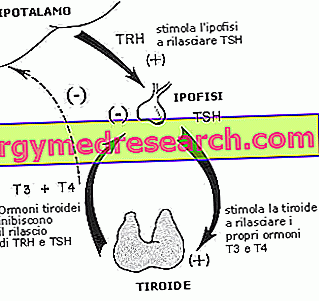
Scientific name
Parietaria officinalis
Family
Urticaceae
Origin
Europe
Synonyms
Vitreous grass
Used Parts
Drug given by the leaves
Chemical constituents
- Flavonoids;
- Bitter substances;
- Tannins;
- mucilage;
- Potassium nitrate
Parietaria in Herbalist: Property of the Parietaria
The parietaria is used as an infusion for diuretic purposes, while in the form of cataplasm it is used against some types of chronic dermatitis. Absent controlled clinical studies.
Biological activity
The diuretic, purifying, diaphoretic, anti-inflammatory, expectorant and emollient properties are attributed to the parietaria. More specifically, these activities are mainly attributed to mineral salts, flavonoids and tannins present in the plant.
However, at the moment there are no controlled clinical studies able to confirm the aforementioned properties traditionally ascribed to the plant. Therefore, the use of the parietaria has not obtained official approval for any kind of therapeutic application.
Parietaria in folk medicine and homeopathy
In folk medicine, the parietaria is used internally as a diuretic and anti-inflammatory remedy, especially in the case of diseases of the urinary tract. Externally, however, traditional medicine uses this plant for the preparation of poultices with a soothing, healing and anti-inflammatory action; in addition to using it as a remedy to counteract the itching caused by skin contact with the stinging substances present inside the nettle.
The parietaria is also exploited by homeopathic medicine, where it can be found in the form of granules, mother tincture and oral drops.
In this context, the parietaria is used in the case of kidney stones and oliguria and is also used as a purifying and emollient remedy.
The dose of homeopathic remedy to be taken can be different between one individual and another, also depending on the type of disorder that must be treated and according to the type of preparation and homeopathic dilution that is to be used.
Warnings
Pollen is frequently responsible for perennial allergies.
Contraindications
Avoid taking parietaria in case of proven hypersensitivity to one or more components.
Pharmacological Interactions
- not known



